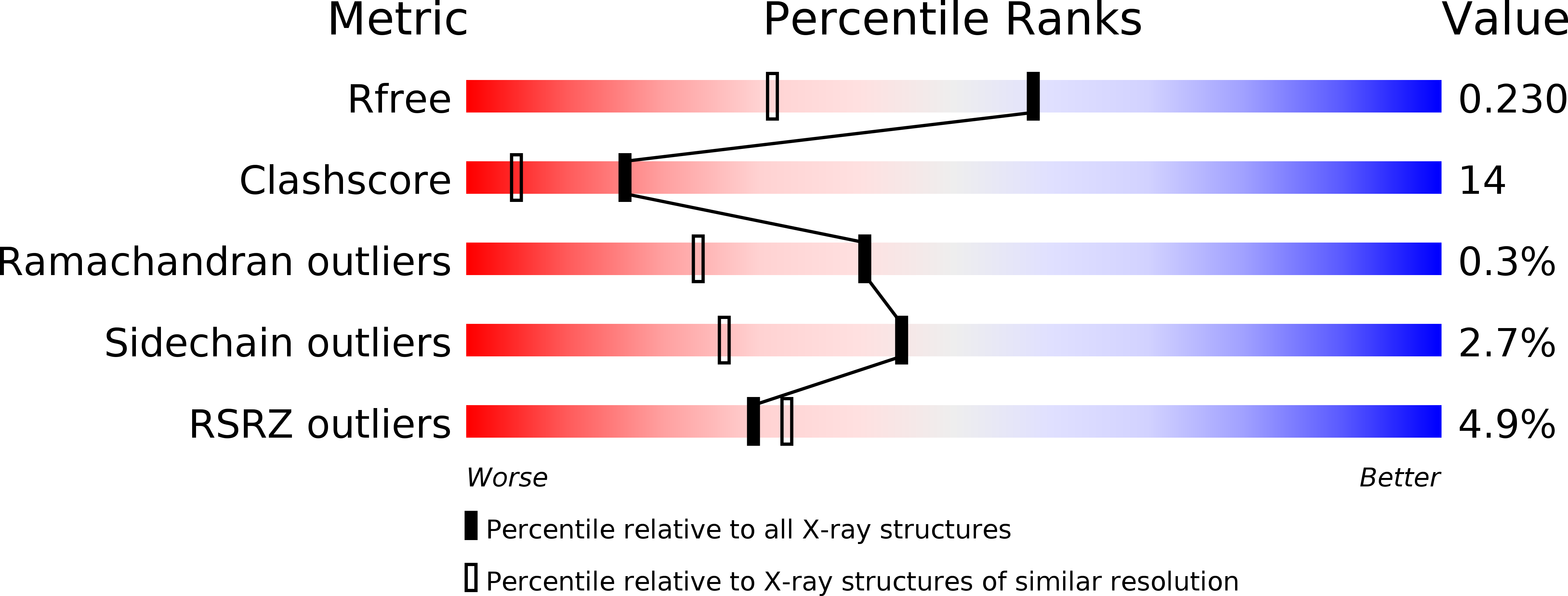
Deposition Date
2005-05-23
Release Date
2005-08-23
Last Version Date
2024-02-14
Entry Detail
PDB ID:
1ZS4
Keywords:
Title:
Structure of bacteriophage lambda cII protein in complex with DNA
Biological Source:
Source Organism(s):
Enterobacteria phage lambda (Taxon ID: 10710)
Expression System(s):
Method Details:
Experimental Method:
Resolution:
1.70 Å
R-Value Free:
0.22
R-Value Work:
0.20
Space Group:
P 1 21 1


